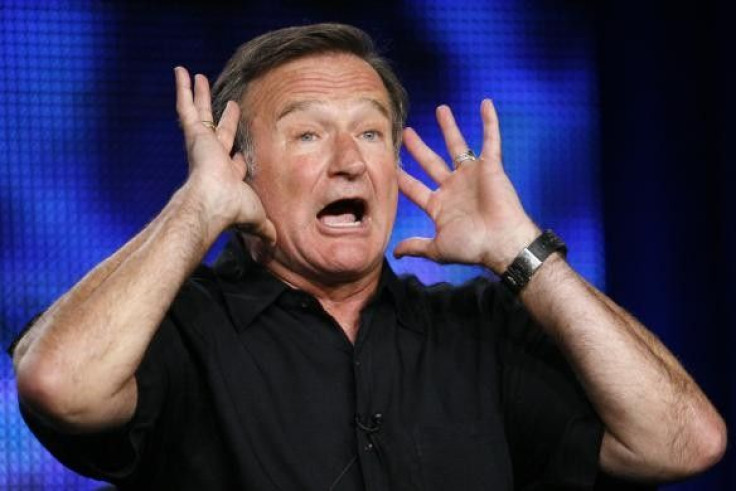Robin Williams Death Raises Question on Mental Health; Reason for Suicide Being Probed

The death of 63-year-old Oscar-winning actor Robin Williams, who allegedly committed suicide in his California home Monday, has raised several questions on mental health and well being. Debates and theories about dealing with depression are being discussed since that is being cited as the main reason for Robin Williams' suicide.
Robin Williams, who will be best remembered for his brilliant performances in films such as Dead Poets Society (1989), The Fisher King (1991), Mrs Doubtfire (1993), Good Will Hunting (1997) and Insomnia (2002), among others, was fighting a never-ending battle with depression all his life. He also struggled with substance use, which explains the reason for his suicide. According to researchers, mood disorders and substance use together increases the risk of suicide to a very great extent.
Mental health awareness is increasing even though there are many misconceptions surrounding it. "Depression is a disease that's often misunderstood and that can cause its victims to feel stigmatized," said Canadian researchers.
Stating that Robin Williams' 'tragic' story "throws light on depression," Dr David Conn, a staff psychiatrist and vice president of education at Baycrest Health Service, told Global News, "When a celebrity openly suffers from some kind of mental illness or an addiction problem - alcohol or drugs - it really wakes us up and makes us think." Along with Toronto-based registered psychologist Dr. Oren Amitay, Conn aims to clear misconceptions about the disease. "Depression is not just feeling sad amplified, it's a whole different ball game," said Amitay. "Incessant feelings of sadness, hopelessness or loneliness are just one of the symptoms. In other instances, it affects peoples' mental, physical and emotional state: they lose their appetite, they can't sleep properly, they feel worthless, they isolate themselves or they can't even get out of bed.
And the battle can be long term. Robin Williams had very public troubles with addiction throughout his career. In the late 1970s and early 1980s, he was using cocaine. He went to rehab in 2006 to deal with an alcohol problem. By July this year, he was at an addiction centre in Minnesota. "Just because it goes away, it doesn't mean it's gone forever," added Amitay.
People, by and large, have yet to understand depression as a disease, which ultimately led to Williams committing suicide. Robin Williams' daughter Zelda had to face insensitive reactions on her Twitter account with people terming him as a coward.
Dr Peter Selby, chief of the addictions program at the Centre for Addiction and Mental Health in Toronto, said that the only way to clear misconceptions and wrongly held beliefs regarding people who take their lives due to depression is through education. "Judgmental attitudes amplify and paralyze people from taking positive action. When someone is in despair, the last thing they are able to do is simply buck up.," concluded Selby.






